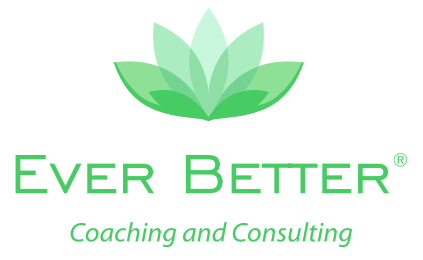There are many ways to explain what a coach does and the benefits that clients gain. Read on for a definition, a visual metaphor, a soccer analogy, and a description of how I approach coaching! If you’ve got another way of describing the benefits you provide as a coach or that you’ve gained as a client, feel free to share them in the comments below!
Do you ever feel like the small child in the picture above? That you need to conquer an infinite number of steps to achieve your goal? That you have an idea of where you’re going, but the steps between you and your destination are so daunting that all you can think about is giving up before you’ve gotten started? What do you do when you can’t figure out how to tackle that first step? This is one example of when having a coach will make a significant difference!
The International Coach Federation (ICF), of which I’m a member, defines coaching as “partnering with clients in a thought-provoking and creative process that inspires them to maximize their personal and professional potential.”
As an executive and leadership coach, I partner with experienced professionals to help them achieve greater fulfillment in their professional and personal lives. During our work together, they articulate accomplishments, skills, knowledge and interests, and knit those together to envision and create future possibilities.
One client described how I work this way: “Lisa is able to see each person’s life as a beautiful mosaic. She takes all the parts that might seem unrelated and uses them to help her clients see themselves as a work of art.”
How do I help clients to see the possibilities in their lives? I draw from a toolkit that I’m constantly expanding through training, working with my own coaches, reading articles, listening to podcasts, and from client experiences. I ask powerful questions to help them get crystal clear on where they want their career, projects, relationships, and life to be headed. And, I use coaching practices such as:
Positive psychology to achieve a flourishing life through identifying and building on strengths.
Appreciative inquiry to remind clients of the skills and strengths they already possess and the confidence to apply them.
Emotional intelligence principles to help improve professional, social, and family interactions, identify executive presence gaps, and manage stress.
Assessments to provide insights into how they interact with the world, how others view them, strengths, aptitudes and roles that spark their interest.
An effective leadership coach approaches her work like a great soccer coach. She uses a variety of techniques so that players build on their natural talents and experience to:
Anticipate action on the field and respond strategically,
Develop endurance, agility and mental toughness,
Hone leadership instincts on and off the field,
Create confidence through exploring why great plays worked and others didn’t,
Represent the best characteristics of the team and self in media interviews.
Except maybe during warm-ups, you won’t see the coach on the field kicking or heading the ball, or diving to save a goal from being scored. Once the game starts, a great coach will know that her players are prepared and ready to go!
Back to the question of “why have a coach?” Consider that Tom Brady, Abby Wambach, Katie Ledecky, Serena Williams and every other top athlete has multiple coaches helping them maximize their potential in every aspect of competition and life. Would you like to be a world-class performer in your career and personal life? Like every Olympian and record-shattering athlete, maybe a coach is exactly what you need!
To learn more about Ever Better coaching:

